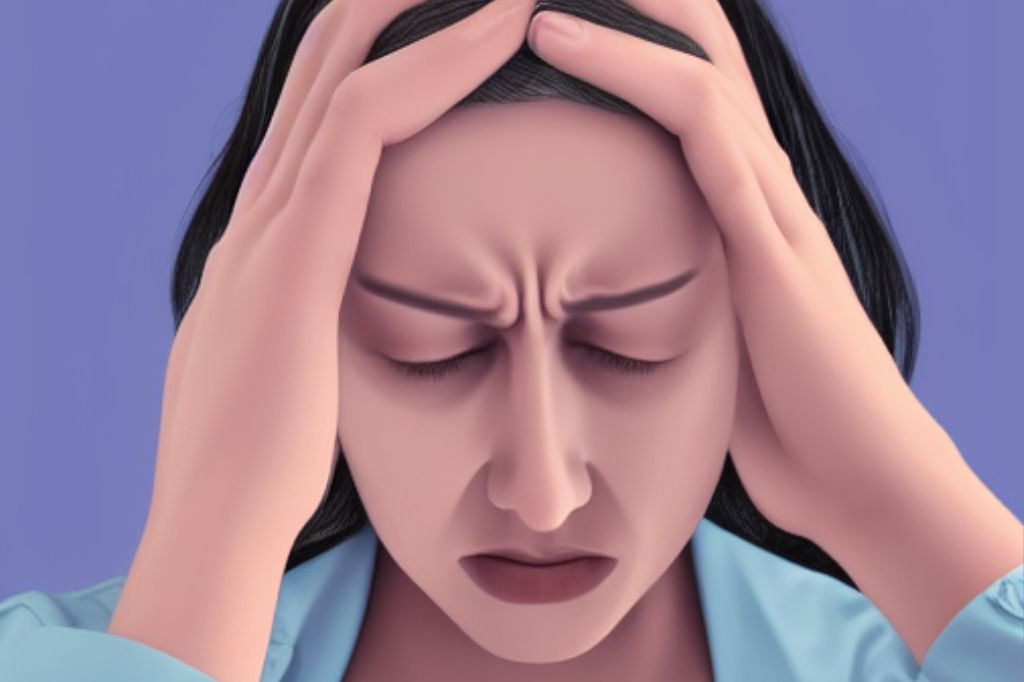What are Hormones?
Brief summary: Hormones are like the body’s tiny messengers. They travel in your blood to tell different parts of your body what to do and when. These chemicals control everything from how you grow to your mood swings. While they are super important, too much or too little of them can cause issues like mood disorders, weight gain, and even some serious illnesses.
What Are Hormones?
So, you’ve probably heard people say, “Ah, it’s just my hormones acting up!” when they’re in a bad mood. But what exactly are these hormones? In simple terms, they’re special chemicals your body makes to send signals to different parts. For example, when you’re scared, a hormone called adrenaline kicks in to make you more alert.

How Do Hormones Work?
Hormones don’t act alone; they’re part of a big group. They usually start their journey in glands, which are like hormone-making factories in your body. From there, they travel in your blood, looking for target cells to deliver their message. Imagine them like little mailmen who have a specific delivery route and a letter for certain homes (in this case, cells).
Why Are Hormones So Important?
Okay, so why should you care about hormones? Well, they pretty much have a say in nearly everything your body does. They help you grow, make you feel hungry or full, and even tell your body when it’s time to sleep. Yes, that’s right, hormones are the reason you feel sleepy at bedtime and wake up refreshed.
Problems That Happen When Hormones Are Out Of Balance
But hold on, things can go wrong, too. If you have too much or too little of a certain hormone, your body can get confused. This is when problems start. For example, too much cortisol, the “stress hormone,” can make you gain weight. On the other hand, not enough insulin, which helps control your blood sugar, can result in diabetes.
How Can You Keep Hormones Balanced?
Maintaining balanced hormones is a lot like keeping a seesaw level. Eating healthy foods, getting regular exercise, and getting enough sleep are all ways to help keep your hormones in check. In some cases, you might need medication or treatments, so it’s essential to talk to a healthcare professional for personalized advice.
Table of Common Hormones and Their Functions
| Hormone | Main Function |
|---|---|
| Insulin | Helps your cells take in sugar for energy. |
| Glucagon | Tells your liver to release sugar when you need more energy. |
| Adrenaline | Prepares your body for ‘fight or flight’ when you’re scared or excited. |
| Cortisol | Known as the “stress hormone,” it helps your body respond to stress. |
| Thyroxine | Controls how fast your body uses energy and makes proteins. |
| Estrogen | Helps in the development of female characteristics and regulates the menstrual cycle. |
| Testosterone | Helps in the development of male characteristics and helps build muscle. |
| Progesterone | Prepares the body for pregnancy and regulates the menstrual cycle. |
| Melatonin | Controls your sleep and wake cycles. |
| Serotonin | Affects your mood, emotions, and sleep. |
| Oxytocin | Often called the “love hormone,” it helps in bonding and childbirth. |
| Prolactin | Helps in milk production for breastfeeding. |
| Growth Hormone | Helps your bones and tissues grow. |
| Leptin | Tells your brain you’re full so you stop eating. |
| Ghrelin | Makes you feel hungry and tells your body it’s time to eat. |
| Parathyroid Hormone | Helps control the amount of calcium in your blood and bones. |
| Calcitonin | Helps regulate calcium and bone metabolism. |
| Luteinizing Hormone | Triggers ovulation and stimulates the production of other hormones in women; in men, it stimulates testosterone production. |
| Follicle-stimulating Hormone | Helps control the menstrual cycle in women and the production of sperm in men. |
Do Hormones Affect Men and Women Differently?
Absolutely! Men and women have some of the same hormones but in different amounts. Testosterone, often considered the “male hormone,” is also found in women but in smaller amounts. Likewise, estrogen, often considered the “female hormone,” is found in men but not as much. These hormones play a big role in stuff like body hair, voice depth, and even where you store fat.
What Should You Do If You Suspect a Hormone Imbalance?
If you think something’s off, the best thing to do is to talk to a healthcare professional. They’ll probably do some tests to see if your hormone levels are where they should be. Depending on what they find, they may suggest some lifestyle changes or treatments to get things back on track.
So there you have it! Hormones are like the messengers of your body, making sure everything runs smoothly. They have a big job to do, and it’s important to keep them balanced to feel your best.






